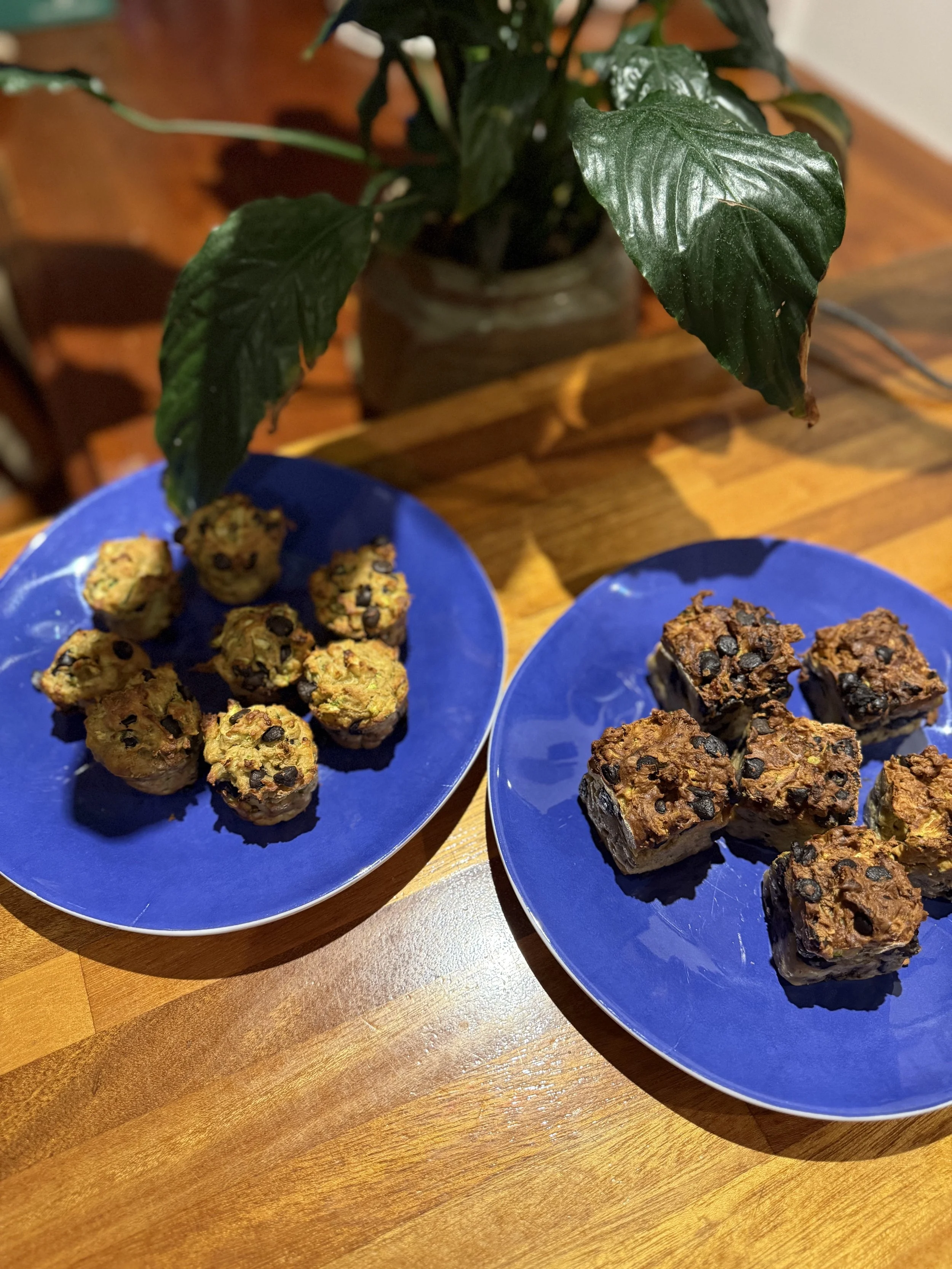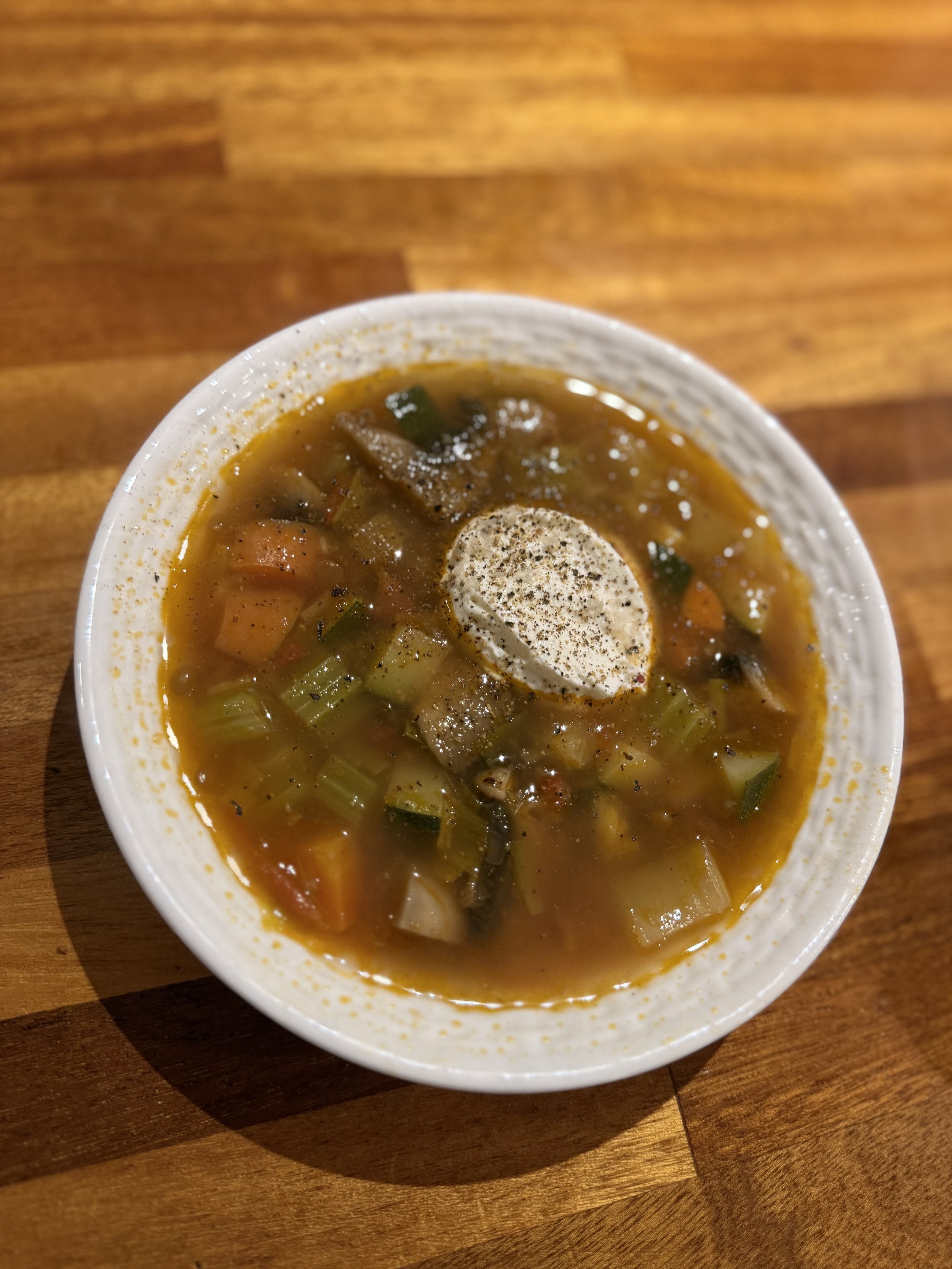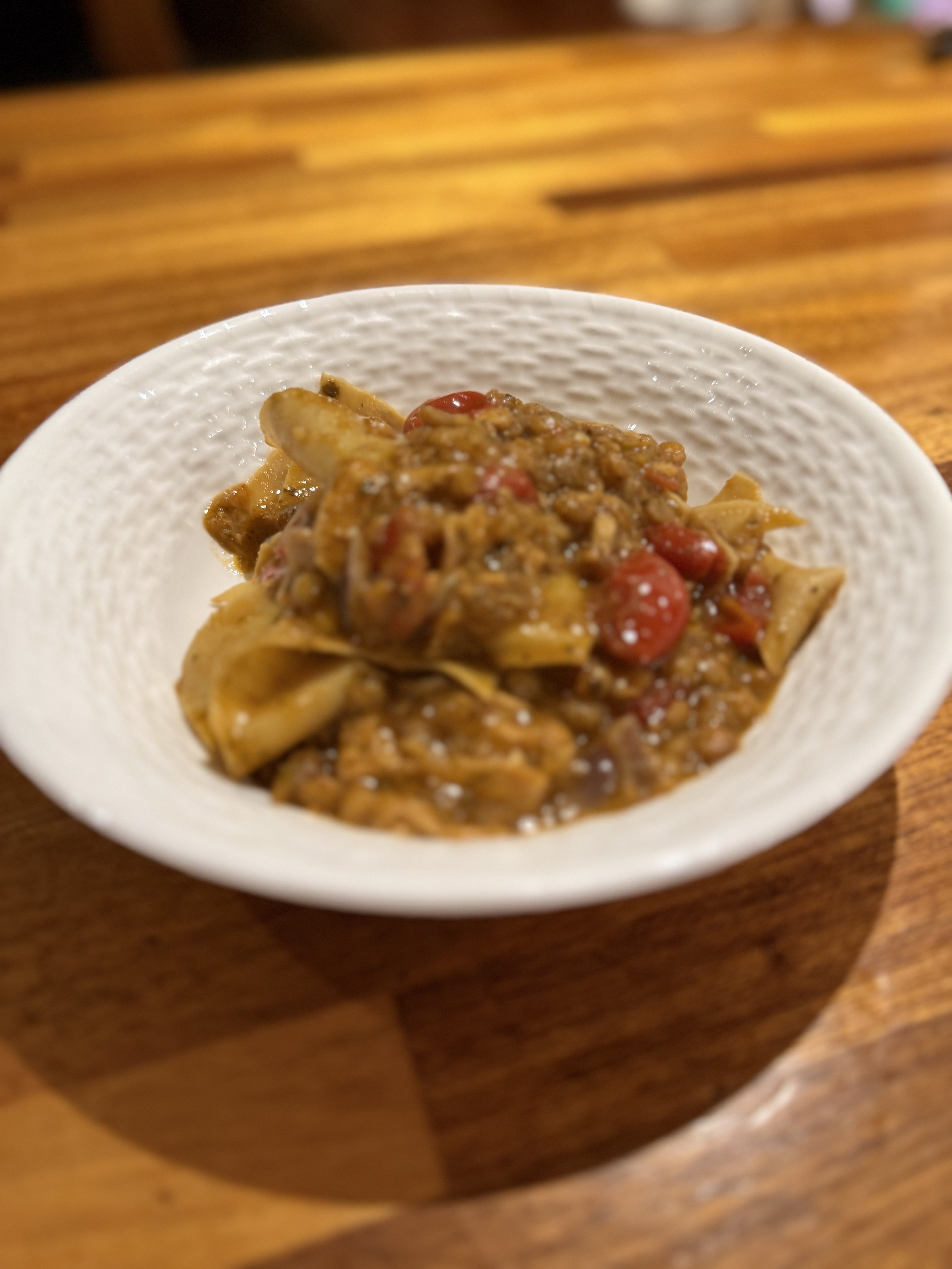MUSCLE BUILDING RECIPES
Recipes for muscle building are designed to provide the necessary nutrients to support muscle growth and recovery.
Key components include:
Protein-Rich Meals: Prioritising lean protein sources such as chicken, turkey, fish, eggs, tofu, and legumes ensures an adequate supply of essential amino acids. These amino acids are the building blocks of muscle protein, fostering muscle repair and growth.
Complex Carbohydrates: Including complex carbohydrates like sweet potatoes, brown rice, and whole-grain bread serves as a primary energy source, fueling intense workouts and replenishing glycogen stores. This not only supports sustained energy during exercise but also aids in recovery afterward.
Healthy Fats: Incorporating sources of healthy fats such as avocados, nuts, seeds, and olive oil contributes to overall health. Healthy fats play a role in hormone production, including those involved in muscle growth.
Post-Workout Nutrition: Consuming a protein-rich meal or snack after workouts is crucial for muscle recovery. Easily absorbable proteins or isolates facilitate faster recovery by providing the necessary amino acids when muscles are primed for nutrient uptake.
Nutrient-Dense Snacks: Opting for nutrient-dense snacks like Greek yogurt with granola, cottage cheese with fruit, or a handful of almonds between meals ensures a steady supply of calories and protein. This supports the body's need for continuous nutrient intake for muscle development.
Hydration: Staying well-hydrated supports optimal muscle function and overall health. Water, herbal teas, and post-workout electrolyte beverages aid in maintaining hydration levels. Branch Chain Amino Acids (BCAAs) further assist in muscle recovery and growth.
Meal Timing: Distributing protein intake evenly throughout the day and considering a protein-rich meal or snack before bedtime supports overnight muscle repair. Slow-release protein options like casein whey protein concentrate can be particularly beneficial during this period of reduced nutrient intake.
These muscle-building recipes emphasise a balanced intake of proteins, carbohydrates, and fats to fuel workouts, enhance recovery, and promote muscle growth.
The food we eat helps us to maintain health and manage medical conditions. A balanced, nutrient-rich diet profoundly influences the body's functioning and overall well-being.
1. Nutrient Content: Foods contain essential nutrients vital for body functioning, growth, and health maintenance.
2. Disease Prevention: A diet rich in fruits, vegetables, whole grains, and lean proteins lowers the risk of chronic diseases like heart disease, diabetes, and certain cancers.
3. Inflammation and Immunity: Certain foods, such as fruits, vegetables, and omega-3 fatty acids, have anti-inflammatory properties that boost the immune system.
4. Gut Health: Foods with probiotics and prebiotics support a healthy gut microbiota, impacting digestion, nutrient absorption, and immune function.
5. Energy and Mental Health: A balanced diet provides energy for daily activities and influences neurotransmitter production, affecting mood and cognitive function.
6. Weight Management: A nutritious diet and regular physical activity are crucial for maintaining a healthy weight.
7. Individualised Nutrition: Recognising individual nutritional needs based on factors like age, gender, genetics, and health conditions is crucial.
Adopting a balanced, nutrient-dense diet is essential for overall well-being, preventing, and supporting the management of health conditions. It does not replace the need for some medications but it can assist in ensuring optimal health with less medical intervention.




